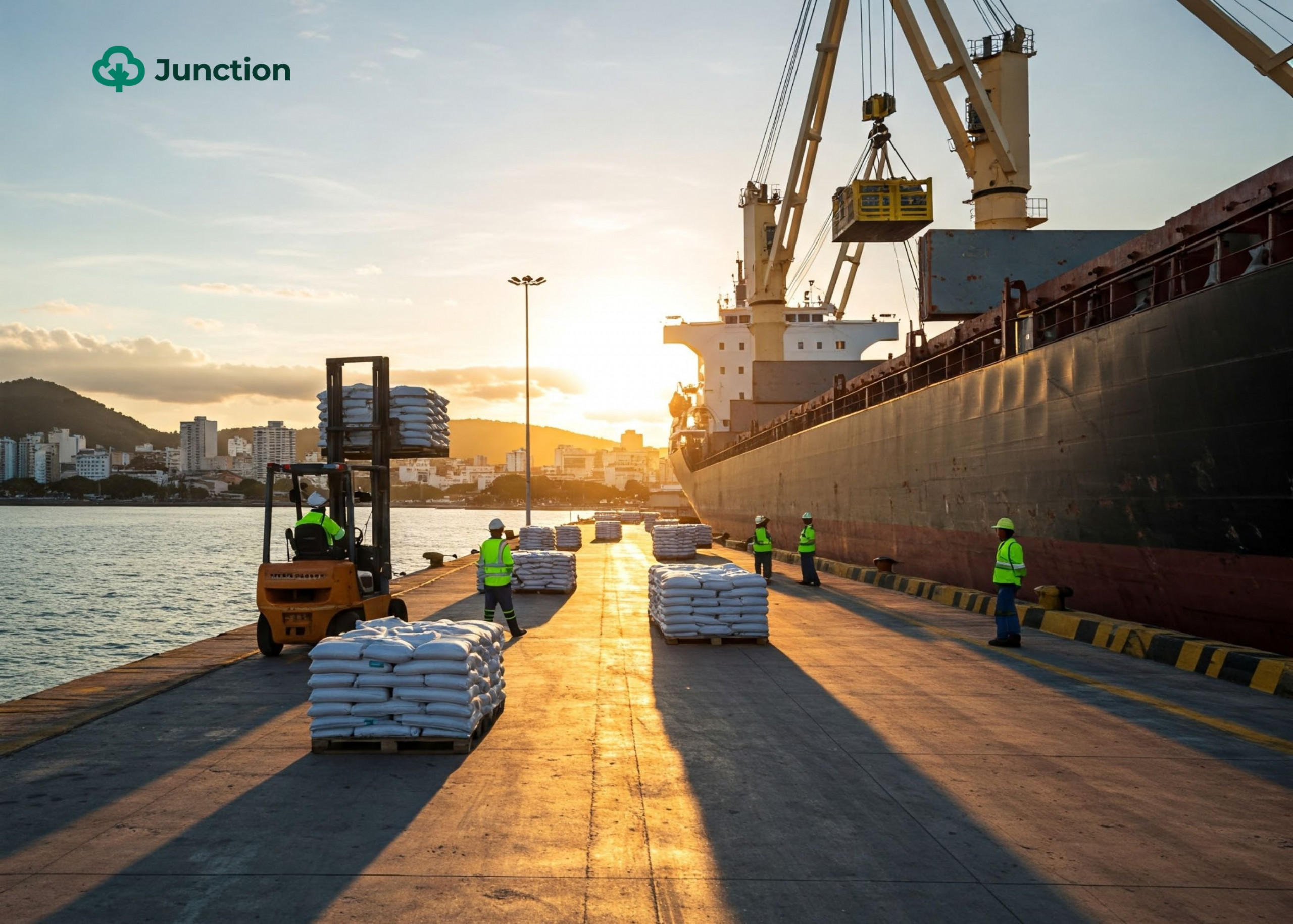News in brief:
– Fertiliser use in Brazil is surging, with February 2025 deliveries up 17.7%, driven by high agricultural demand in top-producing states.
– This trend signals increased crop production with global implications, potentially boosting urea exports from producers like Nigeria.
Fertiliser use in Brazil is on the rise, driven by booming agricultural activity, particularly in key producing states like Mato Grosso and Paraná.
According to the fertiliser industry association, Anda, February 2025 saw a 17.7% increase in fertiliser deliveries across the country, totalling 3.38 million tonnes. This included 510,000 tonnes from domestic production and 3 million tonnes from imports—a 19% year-on-year rise. Even though Brazil imports most of its fertilisers, it also exports small quantities.
Year-to-date figures through the month continue this upward trend. Deliveries reached 7.07 million tonnes, up 7.7% from the same period last year. National production climbed 12% to 1.15 million tonnes, while imports grew 10.1% to 6 million tonnes.
This trend reflects robust activity in Brazil’s agricultural heartland, particularly Mato Grosso, which led consumption with 1.91 million tonnes delivered in just two months. Paraná followed, with Goiás, Minas Gerais, São Paulo, Mato Grosso do Sul, Bahia, and Rio Grande do Sul also registering strong demand.
The global relevance of this surge cannot be overstated. Mato Grosso is the world’s leading soybean producer, contributing nearly 18 million tonnes annually. The state also plays a major role in global cotton and corn markets. Paraná, another agricultural giant, is Brazil’s second-largest corn producer and a major exporter of soybeans, wheat, and animal protein.
Increased fertiliser usage in these regions points to heightened crop production ahead—an encouraging sign for global food markets amid rising demand and climate uncertainties. As major suppliers of food and feed commodities, Brazil’s agricultural output, powered by fertiliser input, has far-reaching implications for global food security, trade dynamics, and commodity prices.
Nigeria, which exports most of its fertiliser-making urea (valued at ₦139.37 billion in Q4 2024), could see an uptick in this period based on the increased demand for the raw material input as well.



